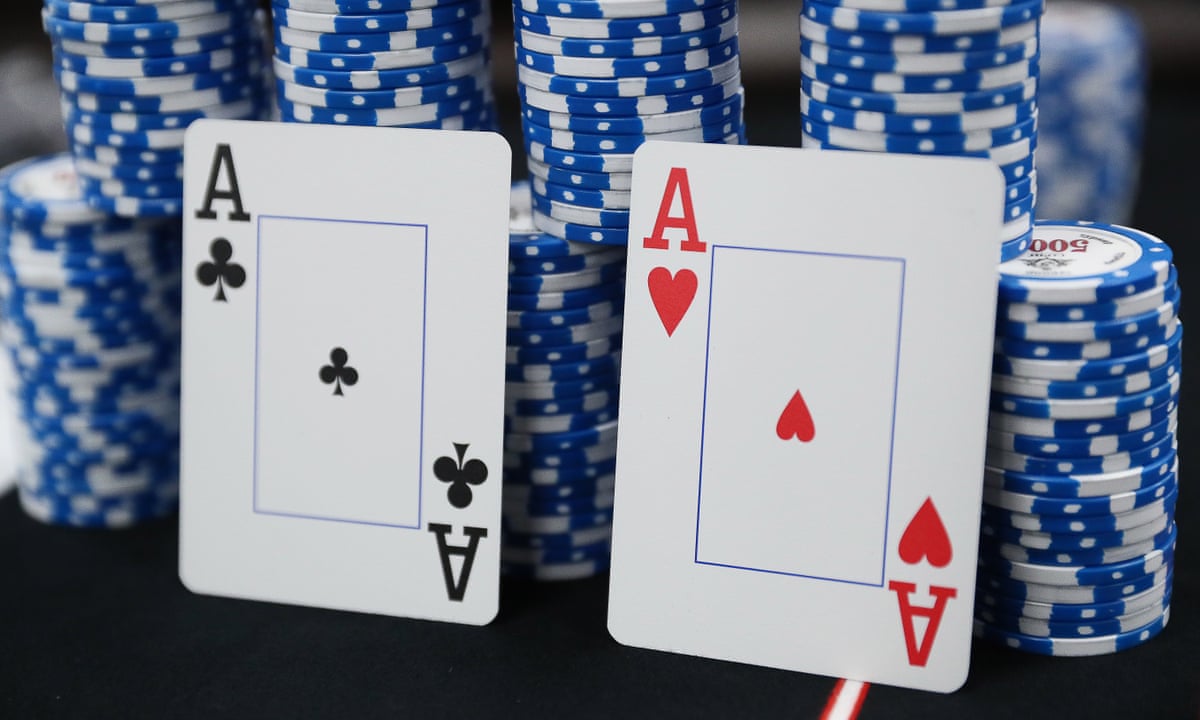
Will online poker become legal in the US or will sites like Pureplay.com win out? For those of you who don’t know Pure Play have been around since 2005 and charge a membership fee so you can play online poker for prizes. Does anyone out there have any experiences with Pureplay.com? And if so be sure to include them in your comments. This law forced many online poker providers to shut down their US-facing sites due to a blowup of USA friendly deposit methods. Some large companies like PokerStars, Full Tilt Poker and Absolute Poker continued to do business with American players as it took some time for the ramifications of the law to be implemented. Colorado: Legal. Colorado became the 19th state to legalize betting and as of May 1, 2020 multiple operators allowed residents to open accounts online and place wagers.
One of the biggest questions on poker players' minds involves when online poker will become legal again. Since the advent of the UIGEA, players from the United States have found it increasingly difficult to fund their online poker accounts.
Also, many online card rooms have left the market altogether fearing backlash from the U.S. government.
The skill vs chance debate
One of the largest hurdles facing opponents of the UIGEA and similar laws in other states involves determining whether poker is a game of skill or chance. Of course, most of us know that poker is indeed a game of skill. Over time, the skillful player will finish ahead.
Many players have stepped forward and educated Congress on this fact.
Poker does have a luck element involved and as a result, a player that goes on an incredible hot streak can finish well in the short term. Unfortunately, some people will look at the entire game as a game of luck due to this fact.
For some, it will be next to impossible to convince them that poker is a game of skill when they see big hands cracked time and again. As we all know, things can change with the turn of a card.
Will Online Poker Become Legal In Illinois
Poker is a game of people
The great thing about poker is that fact that the human element is involved. In order to play poker effectively, you must be able to play the people as well as the cards. If poker was a straight card game such as blackjack, it would truly be a game of luck. The person that got the best hand would always win.
That is not the case. Sometimes a player with 7-2 can bluff someone off a pair of nines on a high flop. A person with four hearts on his board in a stud game can push someone off of their big pair. The ability to manipulate the players should ultimately decide the issue of skill vs. luck.
In the end, it is my opinion that online poker will become legal again in the United States.
Billions of dollars in tax revenue

Will Online Poker Become Legal In Usa
As soon as the government has the ability to either regulate it or effectively tax the game or at least the players from the United States. Online poker generates Billions in revenue each year and if the United States government can figure out a way to get their cut, then you will see poker return to the United States.
When poker becomes legalized in the U.S. again, a major change that I anticipate is some type of regulatory body that will be in charge of enforcing U.S. laws on gambling sites and poker sites such as gaming commission regulate brick and mortar casinos.
Another potential outcome that we might see is that the U.S. government may give the states the opportunity to decide on a case by case basis whether they will allow online poker. Of course, if this happens, we will have to put up with over 50 decisions regarding poker and things may become more of a mess than they are now.
Of course poker will be legal again!
Ultimately, I think poker in the U.S. will become legal again. When that will happen remains to be seen, but I do anticipate it in the next four years. As we know, President Obama is a poker player and there is serious pressure being put on lawmakers to make poker legal.
A decision is coming. When that decision gets here, odds are it will be in poker's favor and poker will, at least for a time, experience a second boom.
US gambling laws have undergone some revisions regarding how they are applied to online poker, changing the legal landscape in a positive way for poker fans.
Why Is Online Poker Illegal In The US?
Online poker, while widely popular and lucrative, resides in a complex legal maze that requires some finesse to navigate. In order to understand the nuances involved, it would help to have a good overview on US gambling laws. US based online poker was kept at bay for many years through the Federal Wire Act, which was interpreted to apply to any type of domestic online gambling entertainment. These circumstances gave rise to legally licensed offshore poker sites that accept US players. Revised interpretations regarding the application of the Federal Wire Act allows individual states the option of deciding whether or not they want to host regulated online poker, however very few have capitalized on this opportunity.
The heyday of online poker in the US was in the early 2000s when the technological advancements were paced far ahead of regulatory oversight. The US gambling market was ripe for investment, and numerous licensed offshore poker rooms set their sites on American poker players. This provided a large range of poker sites for US poker buffs to participate at. Things changed in 2006 when President George Bush signed the Unlawful Internet Gambling Enforcement Act (UIGEA).
The UIGEA bill prohibits financial institutions from progressing gambling related transactions via the Internet. This law forced many online poker providers to shut down their US-facing sites due to a blowup of USA friendly deposit methods. Some large companies like PokerStars, Full Tilt Poker and Absolute Poker continued to do business with American players as it took some time for the ramifications of the law to be implemented. In fact, the final regulations brought on by the UIGEA did not go into effect until late 2009. There were efforts to draft pro-poker legislation for some states, but not before the entire poker world was rocked on April 15, 2011.
On what would become known as Black Friday, the US Department of Justice issued indictments against financial institutions and online poker groups like PokerStars, Full Tilt Poker Absolute Poker. Charges included UIGEA violations, bank fraud, money laundering and illegal gambling. Bank accounts and domain names were seized as a result and the sites immediately stopped accepting US players. Each site continued to do business with other countries.
In the wake of Black Friday, the future of online poker seemed unclear. The DOJ issued a Formal Opinion that the Federal Wire Act only applied to sports betting, leaving the decision to host online casinos and poker up to each individual state. American players had online poker access through licensed offshore sites, but it was not until 2013 that the US saw US-based online poker emerge through Nevada, Delaware and New Jersey. Ultimate Poker and World Series Of Poker launched sites along with several other small companies. PokerStars made its US comeback in March 2016 through New Jersey and the state has been profiting off the regulated site ever since.
The UIGEA targets financial institutions, not individual players. While US-based online poker is illegal in most states, US players do have some legally sanctioned options available through legitimately licensed and regulated offshore destinations. It is likely that more states will push for regulated online poker, but it takes time for legislation to pass and be implemented. We anticipate more states will get on board with this type of gambling entertainment within the next few years.